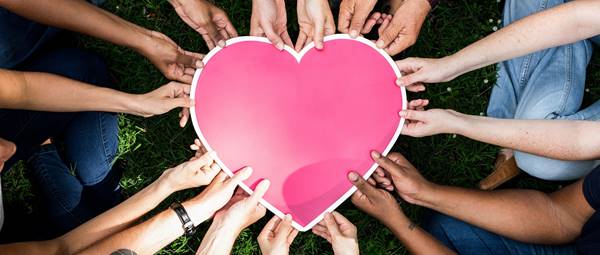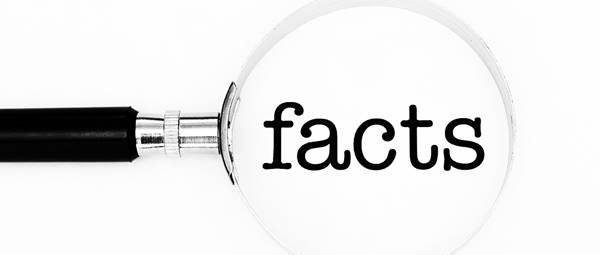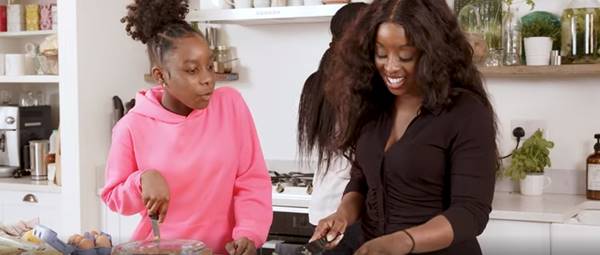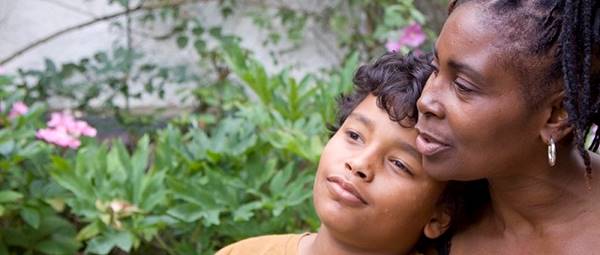It's Black History Month
Last updated 21 October 2022
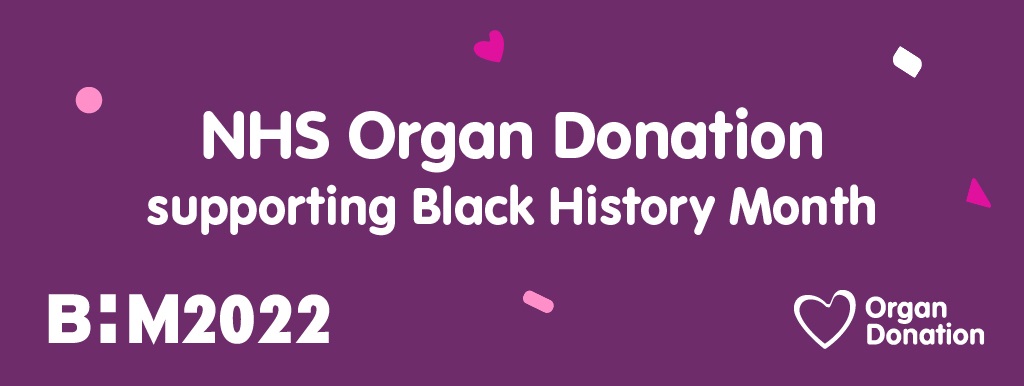
This Black History Month we’re celebrating the contribution people with Black heritage make to saving and improving lives in the organ donation and transplantation community.
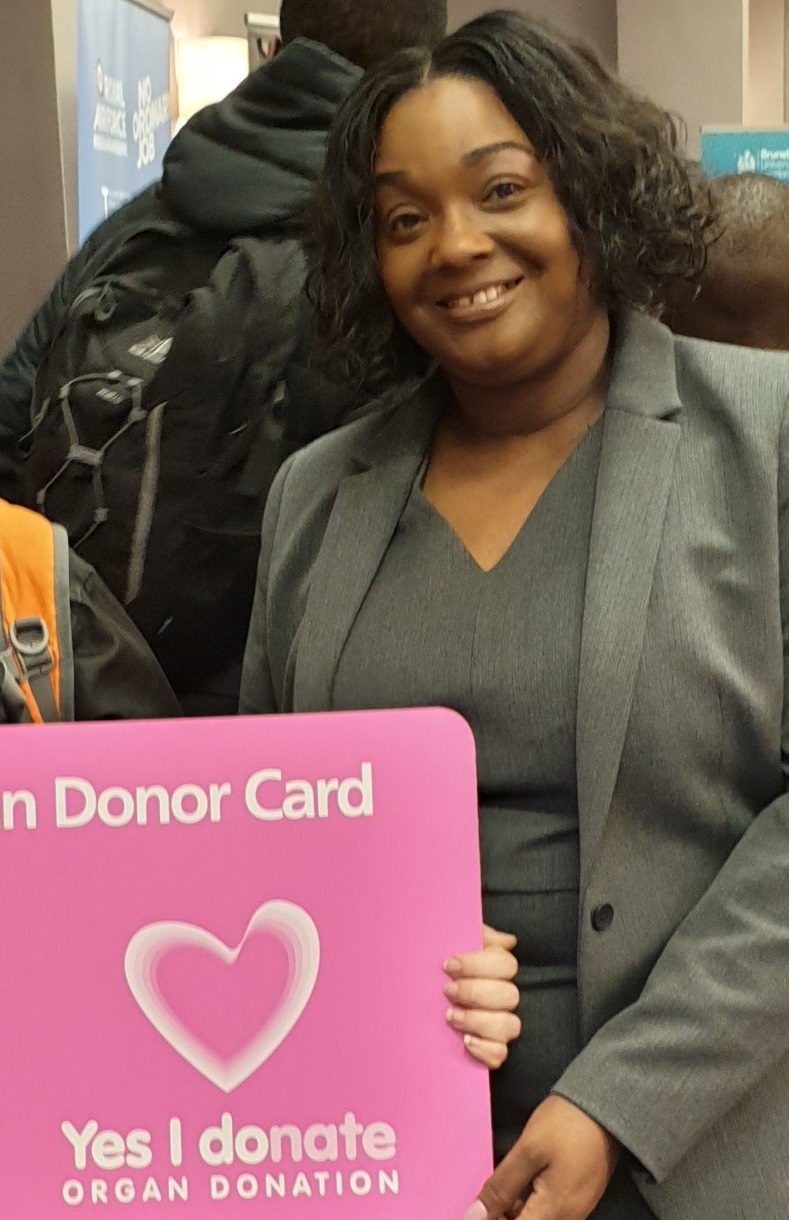
Black History Month provides the platform to educate, inform, empower and inspire people of all ages and backgrounds.Angela
Angela Clarke is the CEO of RAFFA International Development Agency.
RAFFA is a faith-based community social action charity established in 2006 to reduce inequality, address issues of social injustice and raise awareness about issues that directly affect individuals and whole communities such as the lack of blood and organ donors.
The charity describes itself as the bridge between the community, organisations, faith and voluntary groups.
“I have felt so privileged over the years to have met so many amazing people who have either received an organ, or donated an organ, and have been willing to share their personal lived experiences with me in an effort to give hope to others, but also to raise awareness about the urgent need for more donors.
“Black History Month for me is about acknowledging, reflecting and celebrating the contributions and achievements of Black people. Appreciating the resilience and strength that resides in us all.
“My inspiration has come from various people over the years, both famous and non-famous, who have shared their stories about their journey, their achievements and their contributions and have positively impacted and enhanced the lives of others.
“Listening to the lived experiences of individuals whose lives have been saved as a result of the kindness of others inspires me to raise awareness about these important issues within the Black Community, whilst at the same time recognizing and celebrating the successes.
“Black History Month provides the platform to educate, inform, empower and inspire people of all ages and backgrounds. Let’s make the most of the opportunity. Let’s talk.”
Makena Straker-Sharpe
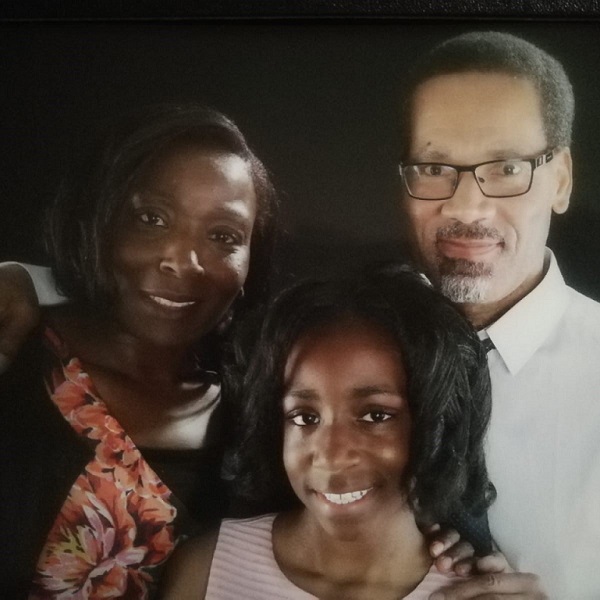
This Black History Month we remember the Windrush generation that worked so hard to build the NHS to be what it is today... The NHS helped to save my daughter's life...Tracey
Makena's mum
Makena recieved a life-saving heart transplant at just five years old, and now she and her family do all they can to raise awareness about organ donation, as mum Tracey explains.
“The impact and change organ donation can make to so many individuals and their families lives is so important to understand. As a family of Black Caribbean heritage we are working during Black History month to educate and encourage our community of the importance of being on the NHS Organ Donor Register.
“Throughout Black History Month we embrace our culture and remember the great work of Black people over the years in the UK and Abroad. We remember the thousands of West Indians that embarked on the journey from the Caribbean to England (the Windrush generation) and worked so hard to build the NHS to be what it is today and continue to do so despite not been welcomed to the country at the beginning.
“The NHS helped to save my daughter Makena’s life after she was born with hypoplastic left heart syndrome, a condition where the left ventricle of the heart does not develop properly so is much smaller than usual. Hypoplastic left heart syndrome is a form of congenital heart disease, so it was picked up at antenatal scans before she was born. It was a huge shock being told my unborn child had a heart condition and it was a very worrying time waiting for her to be born but we knew what was to come and were prepared for it.
“Makena had surgery at five days old and did well until sadly she went into heart failure not long after starting school at five years old. She was too exhausted to go to school, even coming down the stairs was exhausting, she spent much of the day sleeping and started to retain fluid. Makena was admitted to the Freeman hospital for tests but her condition deteriorated and she went into cardiac arrest while in hospital. We were so grateful that we were still in hospital when Makena went into cardiac arrest. It took medics 45 minutes to stabilise her and rush her to the operating theatre, where she was put on a life support machine.
“Makena was put on the waiting list for a heart, and after a tense wait for a few weeks a heart was found for her. We were so lucky and are so grateful to the family who said yes to organ donation. We know Makena’s heart came from a young woman and we thank her every day for giving Makena the gift of life.
“As parents nothing we could give Makena could ever match the gift this woman gave and we hope to honour her memory by raising awareness and encouraging more people to understand just how important organ donations is.”
Michael Willis
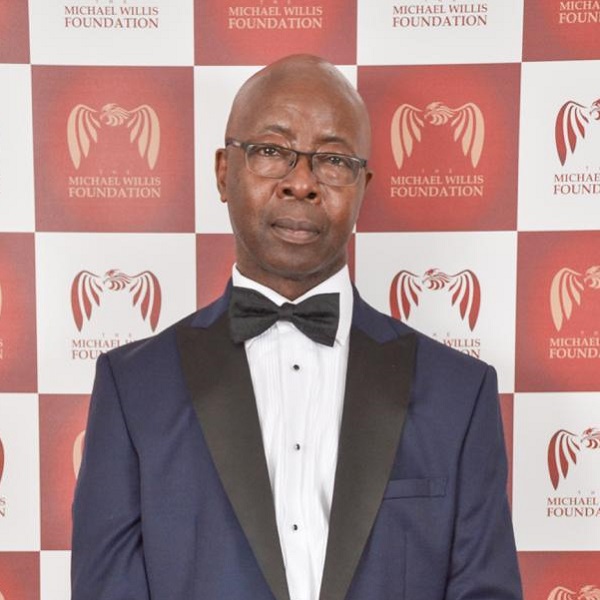
Your name will live on... your family will continue your great work.Patricia
Michael's wife
A tireless campaigner for organ donation, Michael sadly died in August 2021.
Here, his wife Patricia celebrates his achievements and legacy.
"In 2017, Michael was placed on the NHS Organ Donor Register after being diagnosed with pulmonary sarcoidosis. Within 67 days, Michael received the call and became the recipient of a double lung transplant.
"Over the next four-and-a-half years, he started to tell the Black community about the gift of life he received, and worked to raise awareness about the need for more organ donors.
"He raised thousands of pounds at black tie events and campaigned relentlessly for the Royal Papworth Hospital in Cambridge and City Hospital in Birmingham. Working with West Midlands Travel Trams, he brought his pro-organ donation message to the back of tram tickets for all commuters to see. He campaigned until his last breath. He wanted to let his community know his living was not in vain, and that he was eternally grateful to his anonymous Black donor.
"This is not the end... this is just the beginning of a legacy. Michael Anthony Willis, your name will live on. You passed the baton on and your family will continue your great work.
"We will continue your work to give hope to others and encourage families to make their wishes known to be a donor."
Georgia Barrett

I know how important representation is...Georgia
"My name is Georgia, I am a specialist nurse in organ donation (SNOD) working in the Barking, Havering and Redbridge Trust. I have been in this role for around 18 months and love it! My background is intensive care and whilst working there, I was always fascinated by organ donation and the way it allowed something amazing to come out of an often tragic situation.
"I did notice however that there was a shortage of donors from ethnic backgrounds. I know how important representation is and wanted to become a SNOD to help change this. From personal experience I know that there is a lot of misinformation out there around Organ Donation, especially within the Black community.
"My own mum opted my whole family out of the Organ Donor Register based on a group WhatsApp message spreading inaccurate information.
"After talking to her about the law change and how the spread of this misinformation is disadvantaging Black communities when it comes to organ donation, she has since opted back in. My mum is now very keen to spread the message of the importance and deceased donation.
I’m proud to have a job that allows me to take part in the re-educating of people and witness the impact it can have on increasing the Organ Donor Register sign ups."
Winnie Andango
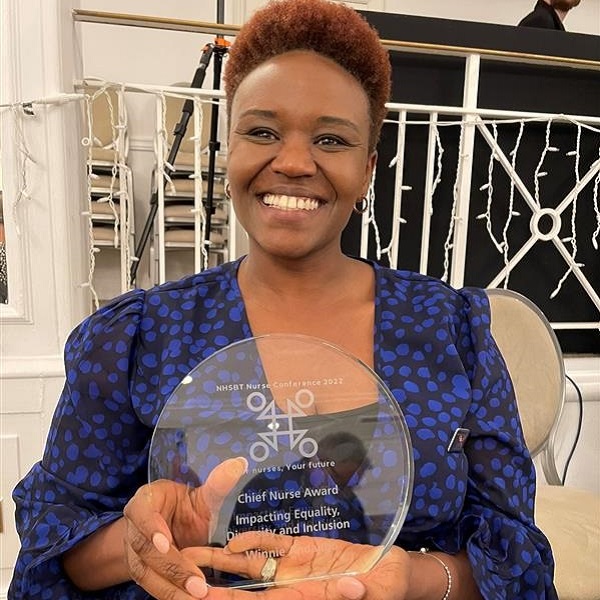
I'm always inspired by people who step out every day to improve the lives of others.Winnie
Winnie is the Equality, Diversity and Inclusion Lead Nurse for Organ and Tissue Donation and Transplantation (OTDT).
"People from an ethnic minority background wait longer for organs for transplantation than white patients. This is due to shortage of ethnically matched organs. My role is primarily to help reduce the existing health inequality by increasing diversity in our donors.
"The role involves; aising cultural awareness, supporting inclusive recruitment, and engaging staff to make OTDT a more inclusive workplace.
"For me Black History Month is an opportunity to shine a light on the understated contribution of black people, and celebration of the rich culture. It's also a reminder of the existing racial problems and the need for all people regardless of background to come together and make equality, diversity and inclusion a reality.
"I'm always inspired by people who step out every day to improve the lives of others. But if I was to name one person, it would be Maya Angelou, I love that she used her writing and her platform to speak up against oppression and challenge society to do better."
Hilaria Asumu
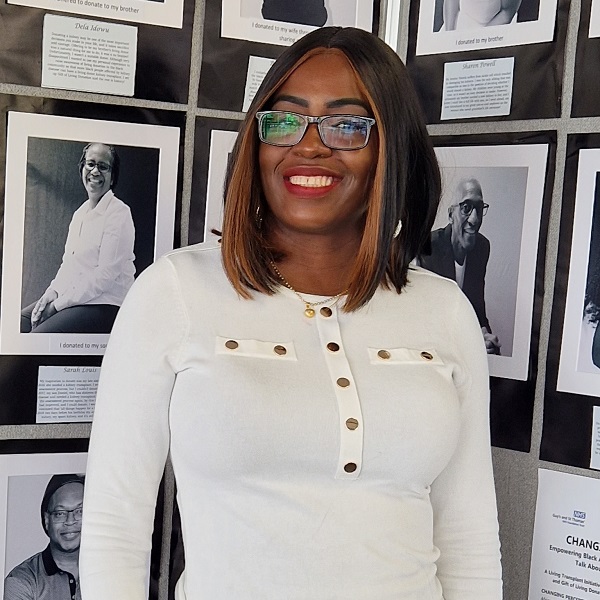
Black heritage is recognising, acknowledging and affirming who I am, where I come from, my history and those of my people.Hilaria
Hilaria received a kidney transplant in 2018 and is well known for championing organ donation, and as the founder and chair of the Warriors, Survivors and Heroes BME Kidney Network - the first Black kidney charity in the UK.
"I have been influenced and inspired by a lot of people, growing up" says Hilaria. "I'm inspired in my passion to give back to others, by my donor's mother.
"Nevertheless, my main influence and inspiration is my mum. My mum is a woman like no other. She has been through a lot of trials, but she weathered all of it through sheer determination, dedication and drive. She has fostered a lot of children outside her own children, ensuring they had food, clothes on their backs and most importantly, an education.
"Her philanthropy is known outside of our own community. She was a teacher, businesswoman, farmer, community doula, and most importantly, our mum and mum to many. I am not even close to who and what my mum was to a lot of people, even till today. I can only strive to be like her and be an inspiration to others."
Still to come this month
Stay tuned for more stories this Black History Month, and make sure to follow us @NHSOrganDonor
Throughout the month we’ll be sharing the stories of specialist nurses, living donors, transplant recipients, our organ donation ambassadors, colleagues, and stakeholders working in the community for organ donation.
We'll be asking them what Black History Month means to them, who inspires them and how they can inspire others to find out how they too can help save and transform lives of people within their community.
Why ethnicity matters in organ donation
Organs are matched by blood group and tissue type and people are more likely to find a match from a donor of the same ethnicity.
This means that if you are Black, your organ donation decision could increase the chances of someone from the same ethnic background finding a suitable match and receiving a life-saving transplant.
You could save and transform up to nine lives through organ donation, and many more by also donating tissue.
You can also give the gift of life by donating a kidney as a living donor.
Organ donation can save or transform the life of someone from your community.
Your organs, your choice
You might not be ready to make a decision about organ donation just yet, and that’s ok. It’s your choice.
If you’re ready to make your decision about being an organ donor when you die, you can register it online, via the NHS App in England or by calling 0300 123 23 23.
We understand that donating organs and tissue in line with faith or beliefs is important to many people and we are committed to supporting your faith and beliefs throughout the donation process.
Get more information about organ donation and your faith and beliefs


